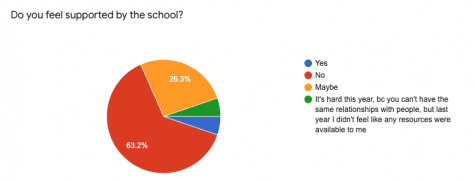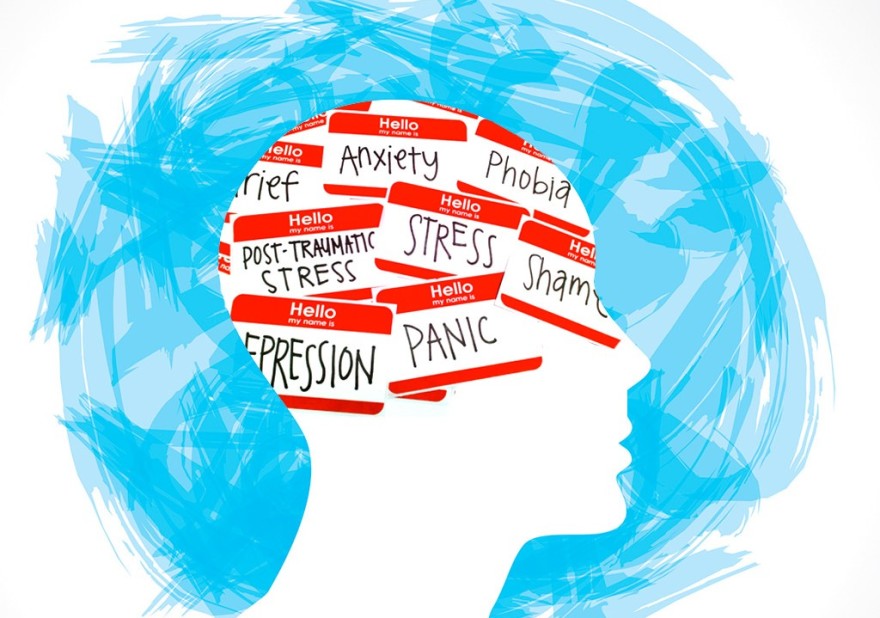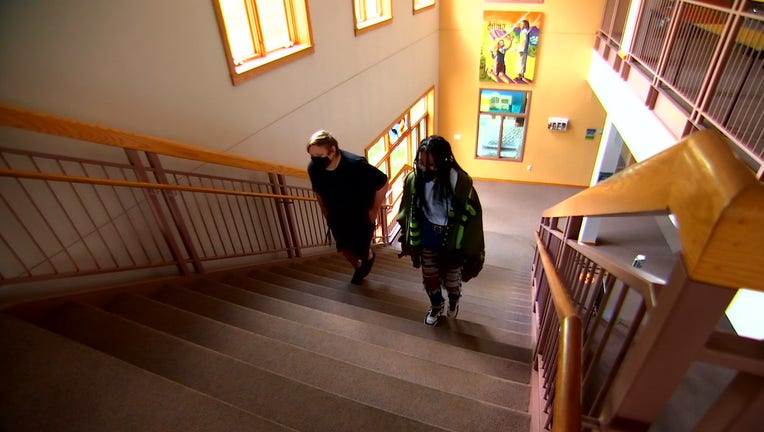A Mental Health SOS
A deep dive into mental health issues.
July 27, 2021
Mental Health in Schools
*Due to the sensitivity of the content within this story, all quotes will be anonymous*
Within this story, there are sections with a “TW.” This stands for a Trigger Warning. It is there to warn you of potentially upsetting material so you can keep yourself safe.
Many students within Roseville Area High School do not know of their mental health resources, nor do they feel supported by the system.

Mental health is a difficult topic within schools. The primary focus of any institution is to help students perform as well as they possibly can in academics. Therefore, many students do not feel comfortable going to their counselors with concerns. One student, when struggling with stress about advanced classes, stated “I didn’t feel like I was allowed to go to my counselor because they only really emphasized help with your class schedule.”
Many students also emphasized that distance learning makes getting help for mental illness much more difficult. One student stated “I was able to work with my counselor to get an anxiety management plan,” however, “it only works for in person school.”
Another student commented that in these current times, “I think the main problem… is how the system has transitioned into distance learning, a lot of kids don’t know how to contact their counselors anymore.” This sentiment was echoed by many other students surveyed.
RAHS is taking steps to help students. Some students pointed out that even advocating about mental health at all is an improvement from some other schools in the community. Others were glad that there was a mental health curriculum that covered a variety of mental illnesses, even if there are improvements that could be made to de-stigmatize the way this content is taught. Some students do know who their counselors are and are able to contact them as needed, which is beneficial for those struggling with mental illness. That communication allows them to make individualized plans that are shared with teachers to best support the student.
*TW* Mention of Suicidal Ideation
Due to the large number of students the counselors have to support, many students can feel lost and forgotten when expressing serious concerns. One student stated, “I talked to a counselor about how I felt suicidal, but they forgot my name which made me feel worse.”
Another student said, “it feels like they ignore my feelings or make it seem like they’re not relevant.” This is a common theme among surveyed students. Even those with plans to aid them in their mental health feel targeted when trying to use those plans. A student said that some “teachers treat mental health as a suggestion.” This highlights that the issue of mental health support is not one confined to counseling services, but rather exists throughout the school community.
*TW* Self Harm Urges
One student shared this story about their experience using RAHS mental health resources: “I remember one time I had an extremely bad mental health day, where my urges to hurt myself were so high it was unbearable. I had nowhere to go, and luckily that day I had the courage to call a parent to come pick me up. So I was able to get myself to student support offices, except it was difficult for me to talk as I was crying. I sat in the waiting room while students and staff stared me down, and it was incredibly uncomfortable. Later when I talked with a counselor, they told me that I could use a specific pass to go to student support services or their office if I needed to. I’ve never used that resource even when I needed to, as again, it didn’t feel comfortable in those spaces, and it felt very public.”
This is just one of several stories shared by students in the survey of times they felt singled out when trying to seek help for their mental illnesses.
So what can be done to improve the mental health resources at RAHS?
Some suggestions made by students were: provide specialized counselors who are trained in dealing with mental health crises, de-stigmatize mental health education, be more clear about specific resources available in the school, provide therapists for students unable to access help at home, create safe mental health spaces for students, allow students to evaluate teachers or express concerns about staff, and reduce the number of students assigned to each counselor so they can provide better support to those who need it the most. Another suggestion that is more specific is to give students privacy. Some students stated that their counselor pried into their personal therapy sessions and wanted to know about their treatment outside of school. While this was done with good intentions, there need to be boundaries set with the student prior to asking these types of questions.
Most people are in school from the ages of 5-18 and beyond. It is imperative that every effort is taken to support these students, since school is their whole life. High school especially is supposed to be a place to expand your knowledge and start growing into who you are as a person. However, in these times where mental illness rates are skyrocketing, the primary focus of schools should not be grade point averages or test results, but keeping their students safe and alive. The local, state, and federal systems need to work together to protect the next generation of leaders and create a system that will allow them to thrive.
There are many resources inside and outside of school you can call on for help. I have written an article that has all of the most reliable mental health crisis resources nationally and locally. You can find it at https://rahsville.org/1060/resources/mental-health-resources/
Please get help! It will get better! I promise!

